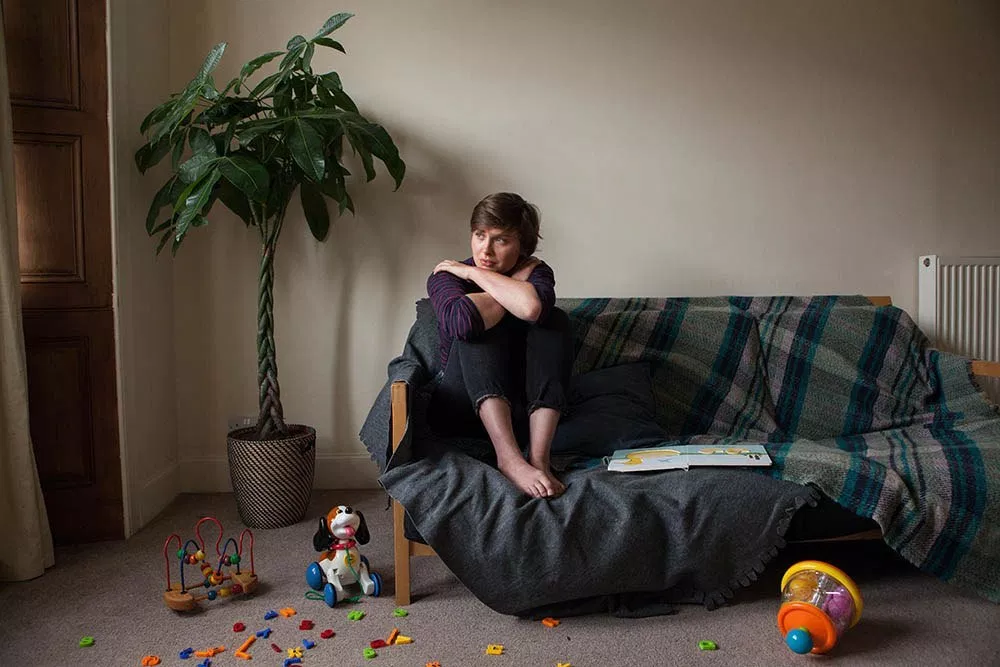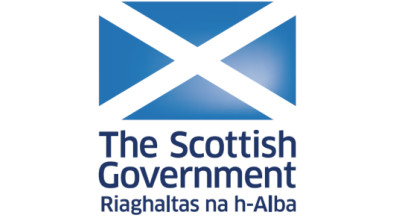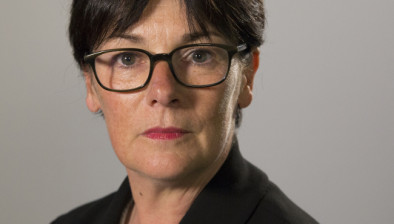Social landlords failing domestic abuse survivors, report finds

© Laura Dodsworth
The majority of social landlords in Scotland have not put in place adequate policies to support survivors of domestic abuse facing homelessness, a new report by Scottish Women’s Aid (SWA) and CIH Scotland has found.
In 2018/19, 73 of the 173 social landlords in Scotland (42%) signed up to the CIH Scotland Make A Stand domestic abuse campaign and promised to act and put in place their own domestic abuse policies to support their tenants. However, according to the Policies Not Promises report, four years later social landlords are still overwhelmingly failing to support those experiencing domestic abuse, prevent victim-survivor homelessness or hold perpetrators to account.
CIH Scotland and SWA have undertaken a review of domestic abuse policies created by social landlords across Scotland. They found that the policies, with a few exceptions, were inadequate, with only nine comprehensively meeting the standards set by SWA/CIH good practice guidance published in 2019.
Domestic abuse is the leading cause of women’s homelessness in Scotland. In 2020-21 ‘a dispute within the household – violent or abusive’ was a reason given by 4,810 people when making a homeless application. 75% of those applications came from women, and almost half included children. However, most social landlords still do not have a dedicated domestic abuse policy in order to prevent or address domestic abuse and women and children’s homelessness.
Many social landlords placed considerable emphasis on victims reporting their experiences – an attitude the report said puts women and children at risk as the time of reporting or immediately after reporting is incredibly dangerous. Policies also failed to use the Scottish Government’s definition of domestic abuse and did not recognise domestic abuse as gender-based violence. Furthermore, landlords are not holding perpetrators of domestic abuse to account, with only six mentioning actions that should be taken against tenants who are perpetrators.
A total of 41 social landlords, seven from local authorities and 34 from RSLs, made their domestic abuse policies available for review. Only nine met the specifications set out in the good practice guidance.
Of the domestic abuse policies analysed for the Policies Not Promises report, the majority consisted of a statement of principles but no actual protocols or practice guidelines for staff. There was very little content on what actions would be taken to prevent and respond to domestic abuse. Very few appeared to have made use of the Good Practice Guidance.
While the Scottish Government has committed to including a statutory requirement for all social landlords to have a domestic abuse policy in the next Housing Bill, CIH Scotland and Scottish Women’s Aid are also calling for the 2019 good practice guidance for social landlords to be placed on a statutory footing to ensure that social landlords prioritise domestic abuse within an equality and human rights-based framework and that any policy is competent.
The organisations have also called for a national training resource on domestic abuse and housing to be developed to build an organisational understanding of the issue and have urged the Scottish Housing Regulator to issue guidance to social landlords which sets out requirements to demonstrate how they have improved housing outcomes for each of the protected characteristics under the Equality Act 2010 in their Annual Assurance Statement.
Jo Ozga, housing policy worker at Scottish Women’s Aid, said: “Domestic abuse remains the leading cause of women’s homelessness in Scotland. We are disappointed that, despite making pledges and receiving clear best practice guidance on how to build a suitable domestic abuse policy, social landlords are still failing to act to protect women and children.
“With the cost of living crisis disproportionately impacting on women, and further constraining the already very limited choices that those experiencing domestic abuse have, it is more important than ever that social landlords grasp the gendered nature of domestic abuse.
“Policies alone won’t do it, but with social landlords due to receive new powers later this year as part of the enactment of the Domestic Abuse (Protection) (Scotland) Act, and a new Housing Bill on the horizon, the time is right for the Scottish Government, local authorities and social landlords to put their promises into action to improve the housing outcomes for women and children experiencing domestic abuse.”
Callum Chomczuk, CIH Scotland national director, said: “In 2020 CIH Scotland and Scottish Women’s Aid highlighted its concerns that relying on landlords to voluntarily improve their practice was going to be inadequate and our analysis confirms this view.
“While we welcome the measures taken by the Scottish Government in recent years to support victim-survivors it is not enough, we need to see greater leadership at a national and a local level to ensure that every social landlord has an effective domestic abuse policy so that ultimately there is a demonstrable improvement in the housing outcomes of women and children experiencing domestic abuse.”
A domestic abuse Helpline is available 24/7 for anyone, of any gender or sexuality, who wants support around domestic abuse. You can call on 0800 027 1234 or email and web chat from www.sdafmh.org.uk.









